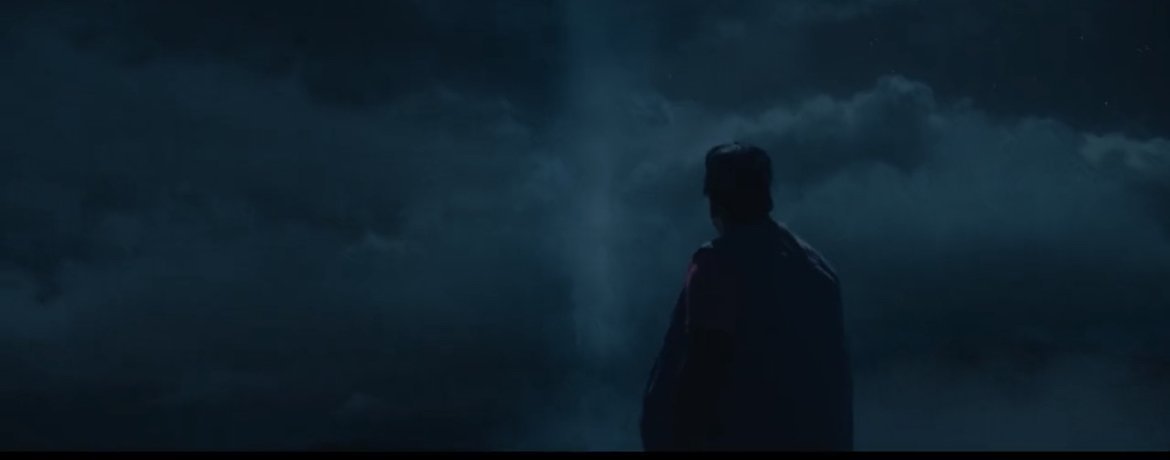With “Get Out,” Jordan Peele made a name for himself by delivering socially relevant horror with a dash of dark humor. Then “Us” came and I dug most of it (save for the ending). Both movies showcased a filmmaker with a clearcut voice who knew how to frame his shots for maximal suspenseful effect.
In his third film, “Nope,” Peele has a much bigger canvas to paint on. The result is his most ambitious movie, but also his messiest. One can say that “Nope” is in fact too big of a canvas for Peele’s indie sensibilities — an ambitious attempt at sci-fi epicness reminiscent of Spielberg’s glory days.
That doesn’t necessarily mean “Nope” is devoid of fascination. You stick with it for most of its 135 minute runtime, curious where Peele is going to eventually lead you. The result is a tad too impressionistic. Peele keeps experimenting with his wonderful visuals, so much so that he loses track of the storytelling.
What was the point of all that?
I liked Kaluuya’s brooding cowboy, a horse wrangler who starts to notice strange things falling from an immovable cloud in the sky; in fact, a coin gets shot down from it and kills his horse-riding father.
Enter Keke Palmer’s Emerald, Kaluuya’s sister, a loudmouth wrangler who shows up at the ranch to console her brother. Keke’s character is basically one big giant ad for vaping, and she annoyed the living hell out of me with her rambling diatribes.
Meanwhile, the cloud starts to act up, sucking up anyone who dares to look up. We start to realize a spaceship lurks underneath its airy allure. This film could have easily been called “Don’t Look Up,” but the title was already taken. One of the cloud’s victims is Steven Yeun — an underrated actor, miscast and misused here by Peele — playing Ricky, a former child actor turned cowboy.
Ricky is still traumatized by a tragedy that occurred when he was a child on the set of a sitcom, when a chimp actor just snapped and violently attacked his co-stars. Peele terrifyingly replays the incident for us, and it’s a hell of a scene, but it doesn’t seem to have anything to do with the actual story being told here.
The power goes off, it comes back on, it goes off. That’s basically the tension we get for most of the film’s first half. Peele likes to mess with us.
”Nope” is incoherently told. It’s a fascinating mess of a movie, almost never predictable in its messy nature, but devoid of the discipline needed to truly grab our attention. I’m looking forward to seeing it again, to decipher its unusually original narrative structure, but to also better grasp what, if anything, Peele was trying to manifest here. [B-/C+]





